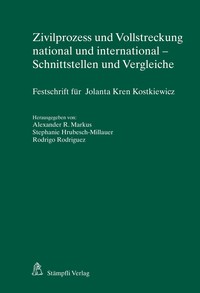Value of award: 100% of UK/EU tuition fees for 3 years and an annual stipend at the UKRI postgraduate rate, currently £14,777.
Start date and duration: 1 September 2018 for 3 years.
Application closing date: 12 July 2018.
Overview: Applications are invited from candidates with an interest in pursuing a PhD in any area of Law in which the School offers supervision. See our list of staff members to find an appropriate supervisor for your research topic.
Eligibility Criteria: Candidates are expected to hold at a minimum either a first class, or a very good upper second class undergraduate degree in Law.
Applications will be considered on their merits, including further education at Masters level, a publication record, professional qualifications, or relevant work experience.
The successful candidate must take up their scholarship at the commencement of the 2018/19 academic year, studying full-time.
It is a condition of the award that the successful candidate undertake some undergraduate teaching and academic support activities within the Law School, normally from the second year of their PhD studies, to a maximum not normally exceeding an average of 6 hours per week during semester 1 and 2 of the academic year.
How to apply: You must apply through the University’s online postgraduate application system. To do this please ‘Create a new account’.
All relevant fields should be completed, but fields marked with a red asterisk must to be completed. The following information will help us to process your application. You will need to:
- insert the programme code 8230F in the programme of study section;
- select ‘PhD Newcastle Law School (full-time)’ as the programme of study;
- insert the studentship code LAW007 in the studentship/partnership reference field;
- attach a covering letter and CV. The covering letter must state the title of the studentship, quote reference code LAW007, and state how your interests and experience relate to the project;
- attach degree transcripts* and certificates and, if English is not your first language, a copy of your English language qualification.
*You will not be able to submit your application until you have submitted your degree transcript/s.
Candidates who have already applied for a place on the Law PhD programme from September 2018 will be considered and need not reapply.
Contact: Professor Sophia Tang


 The publisher’s blurb is as follows:
The publisher’s blurb is as follows: